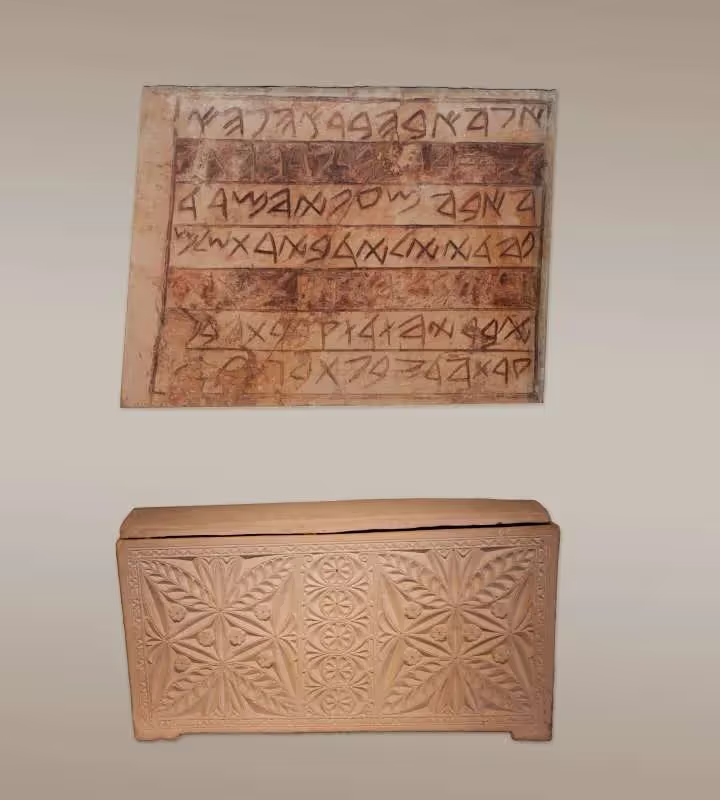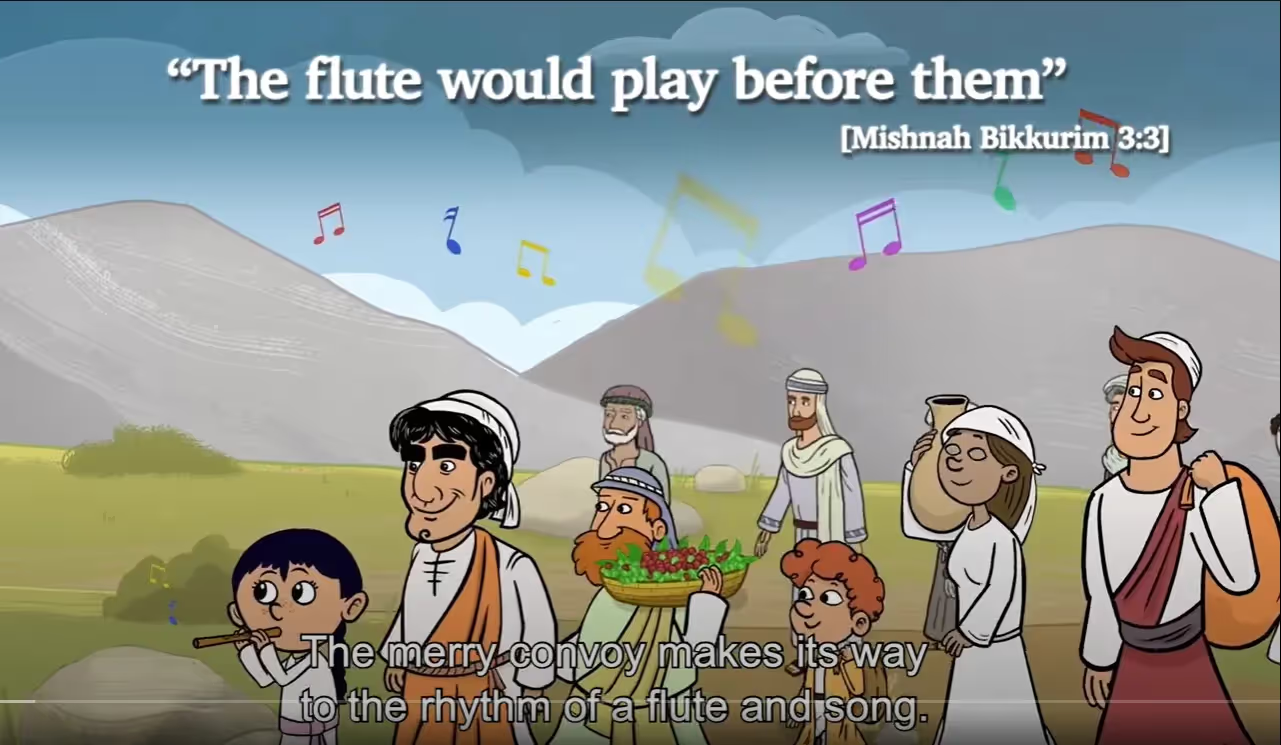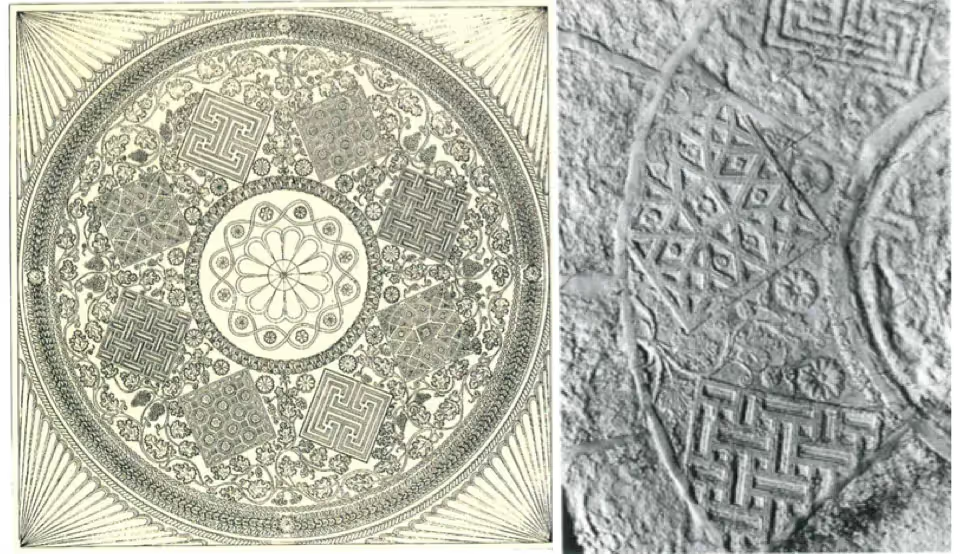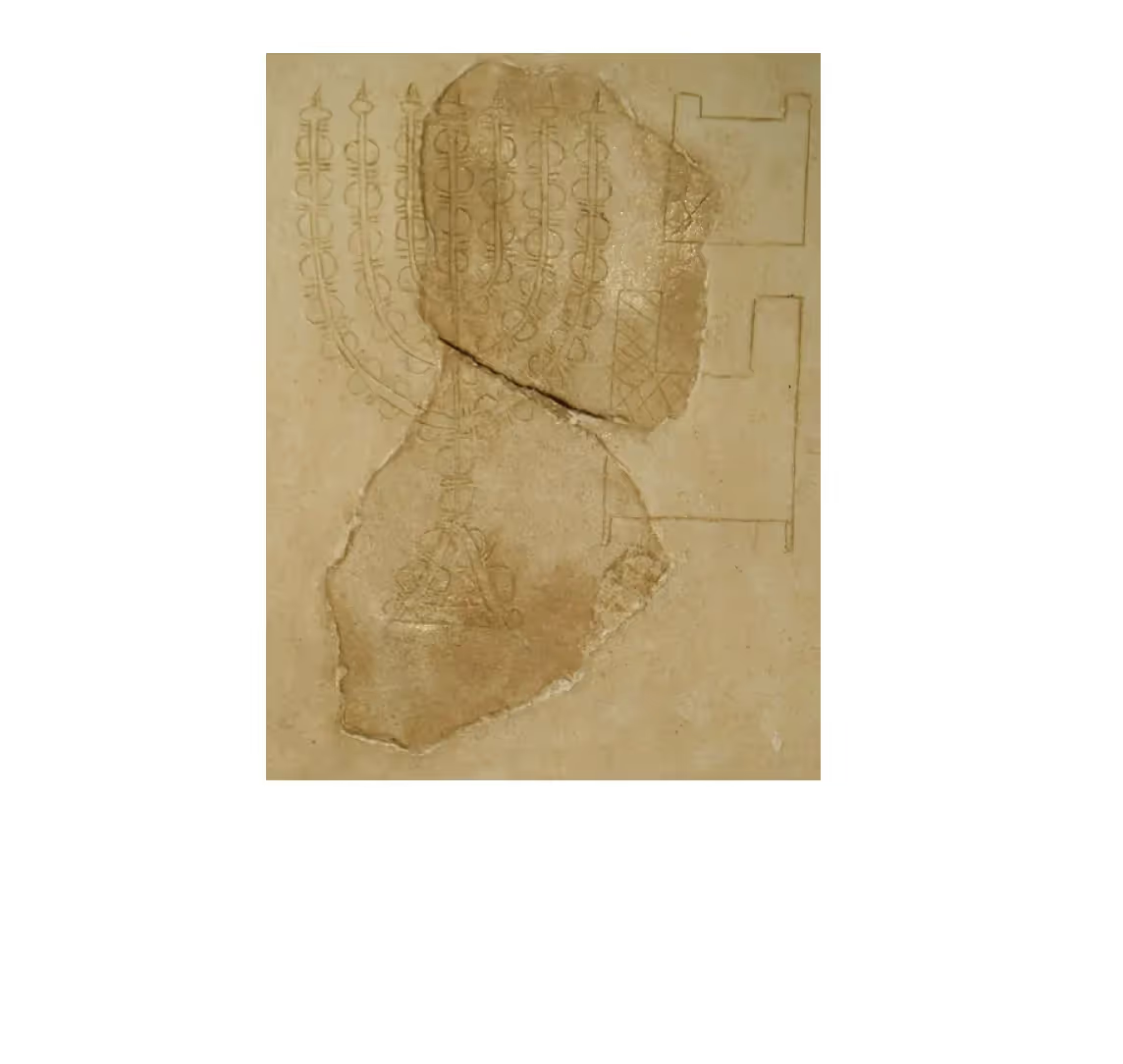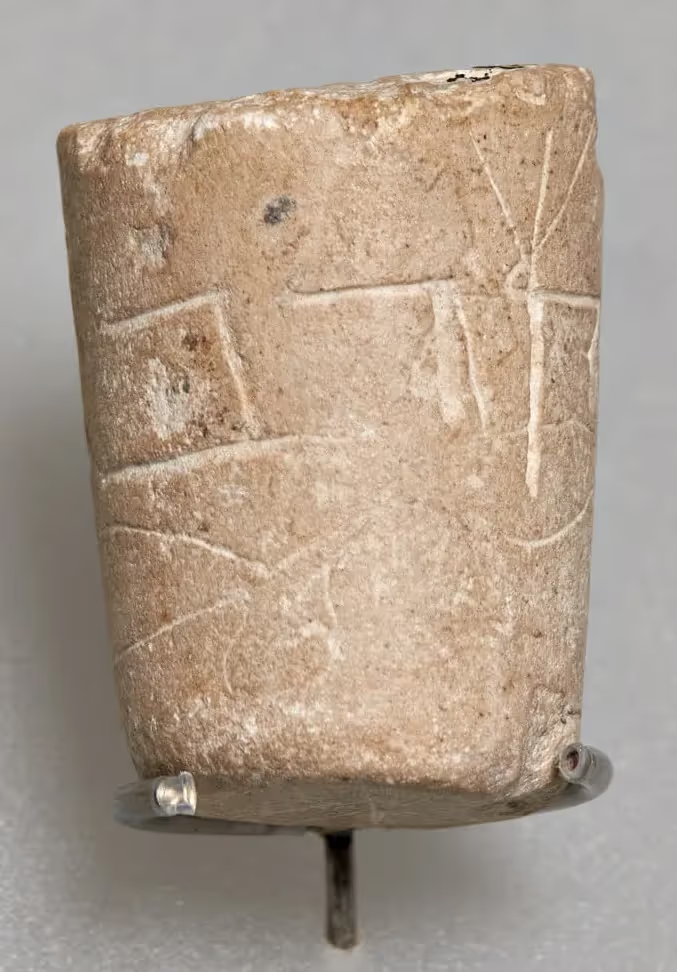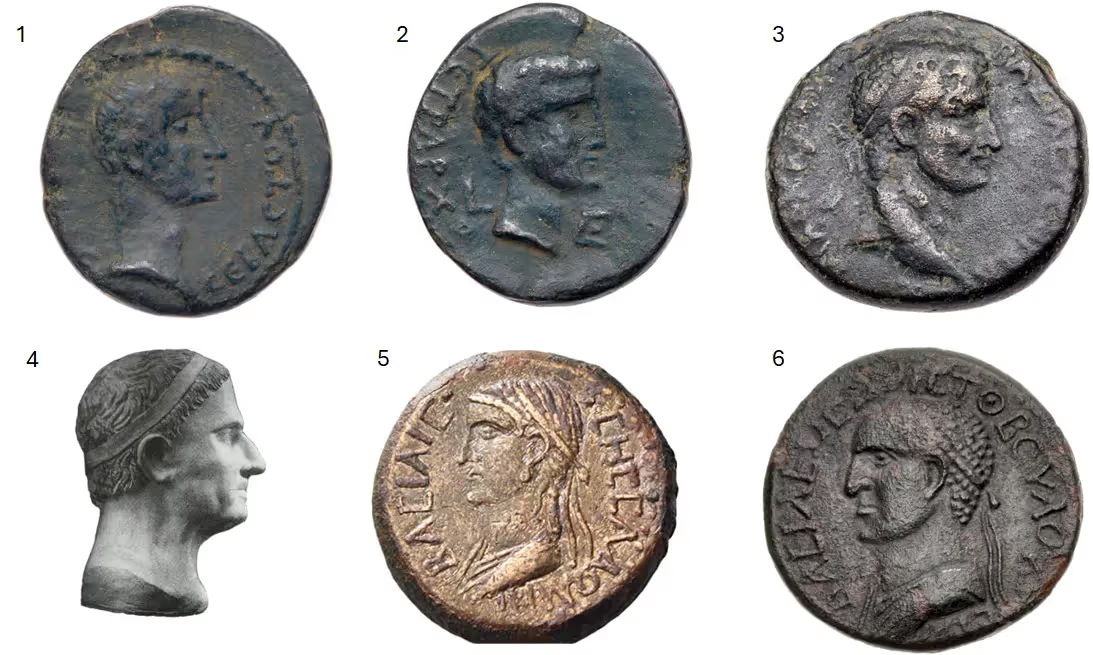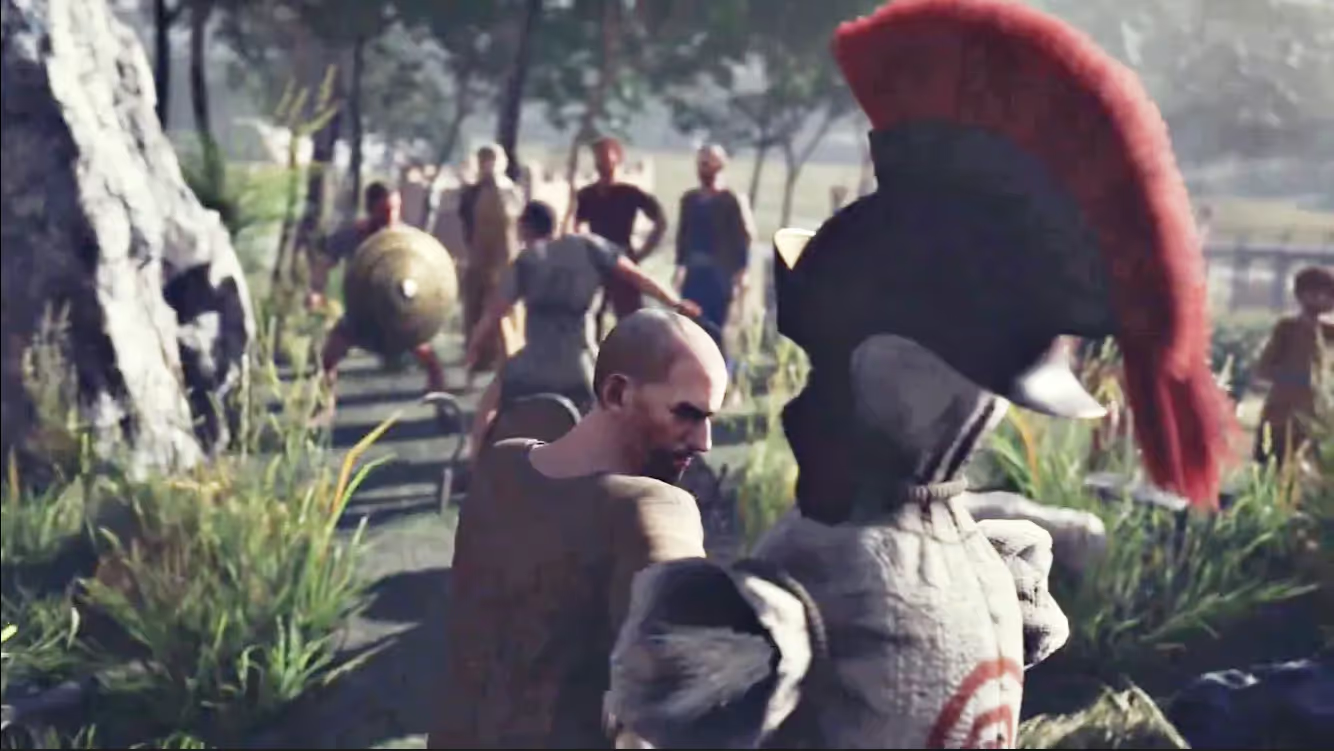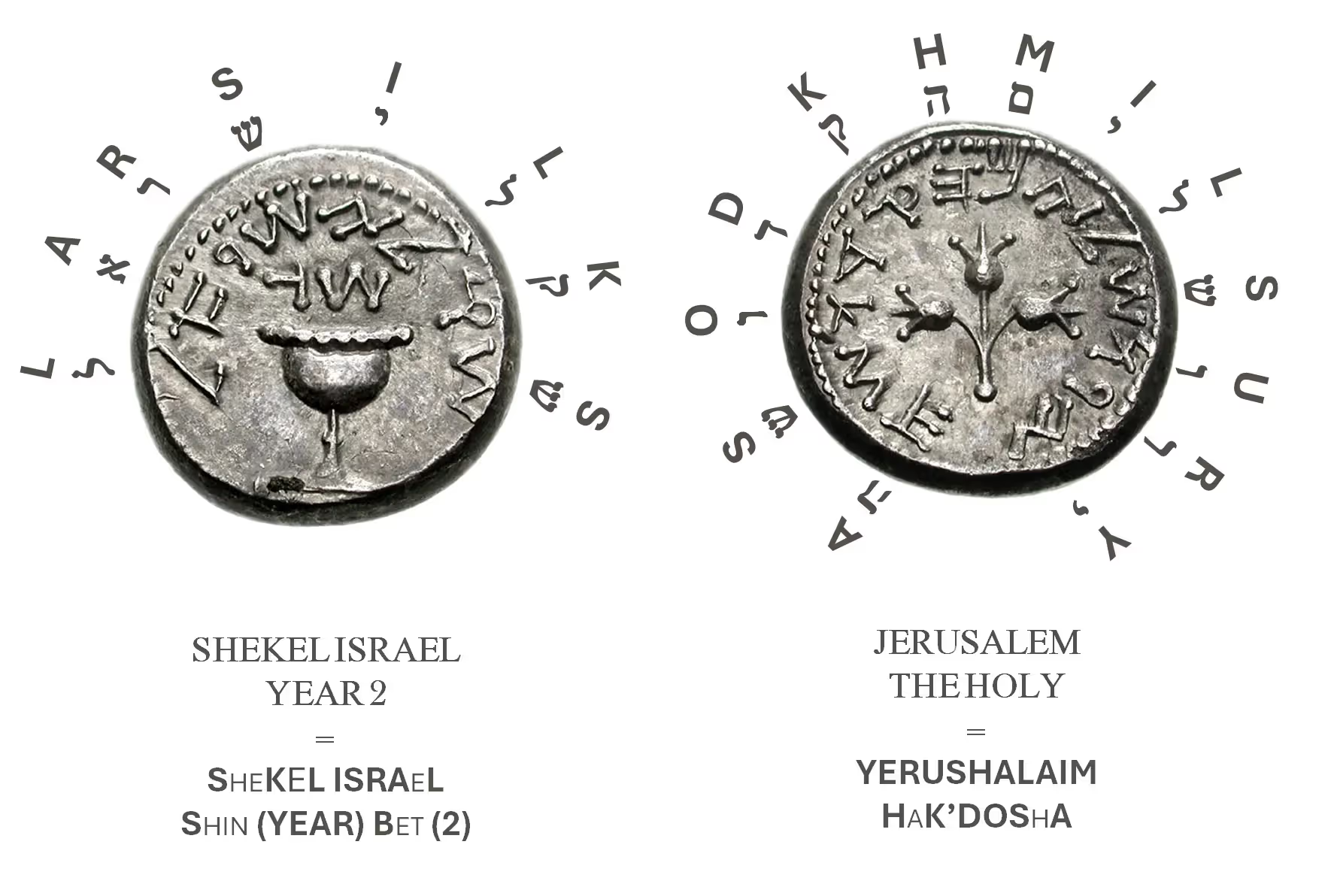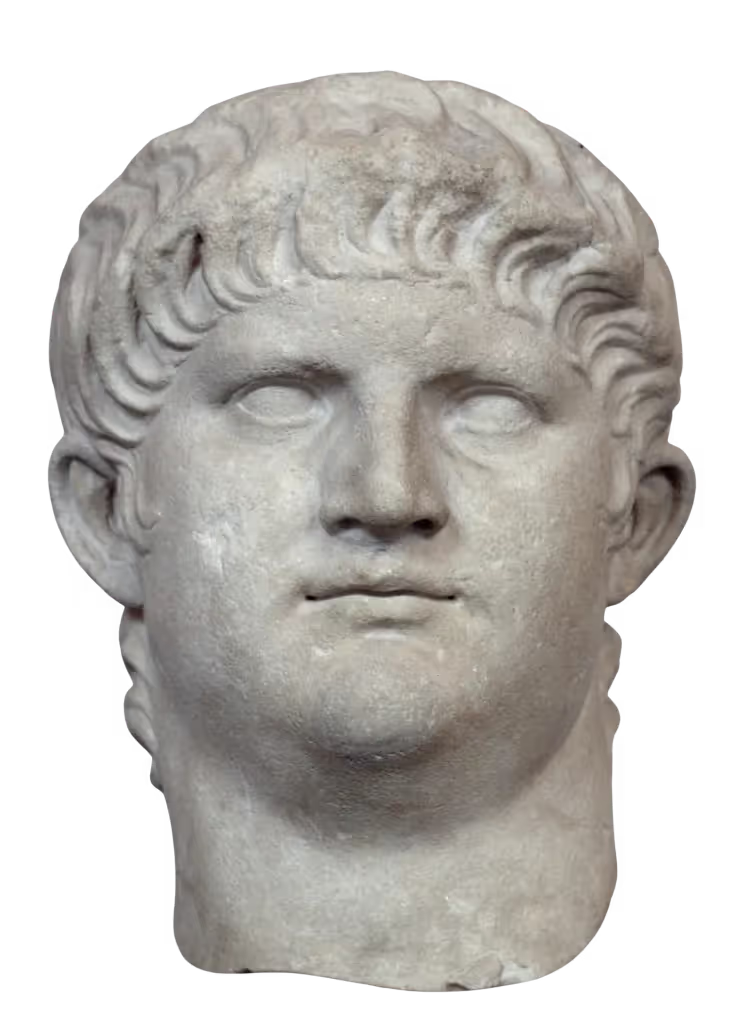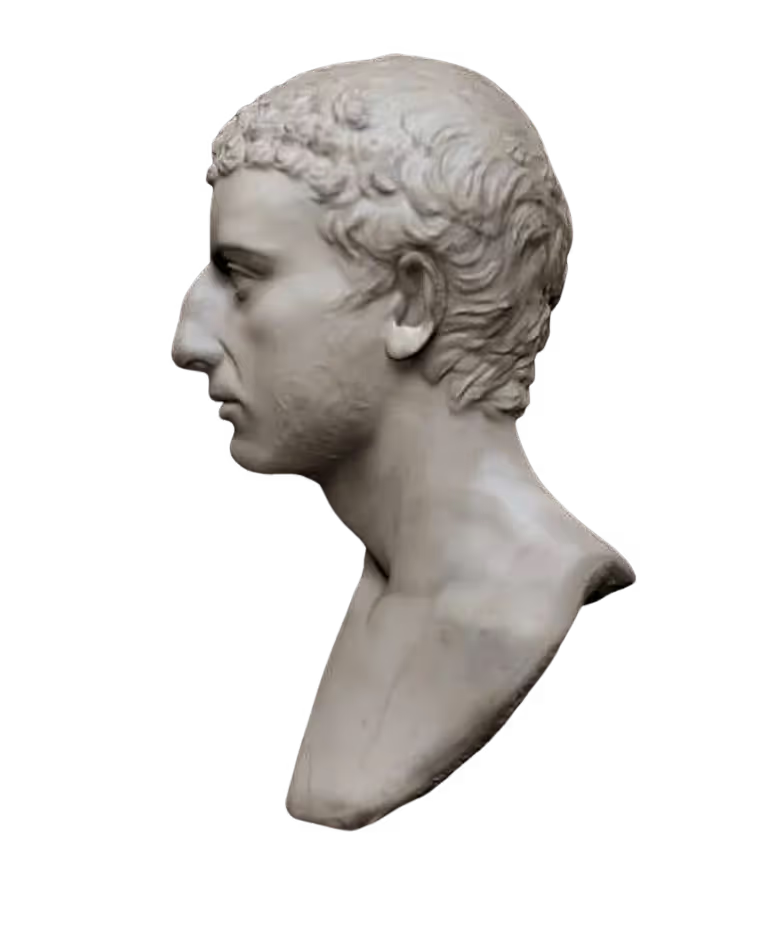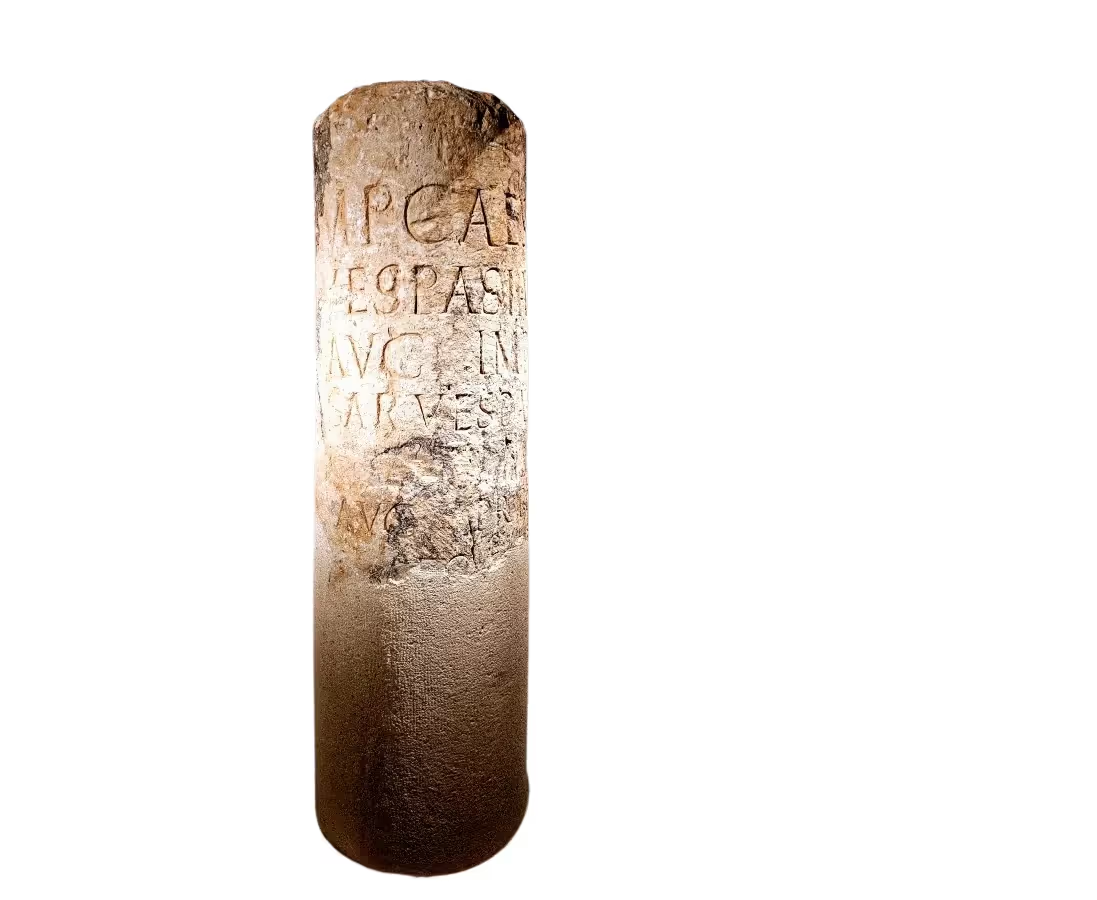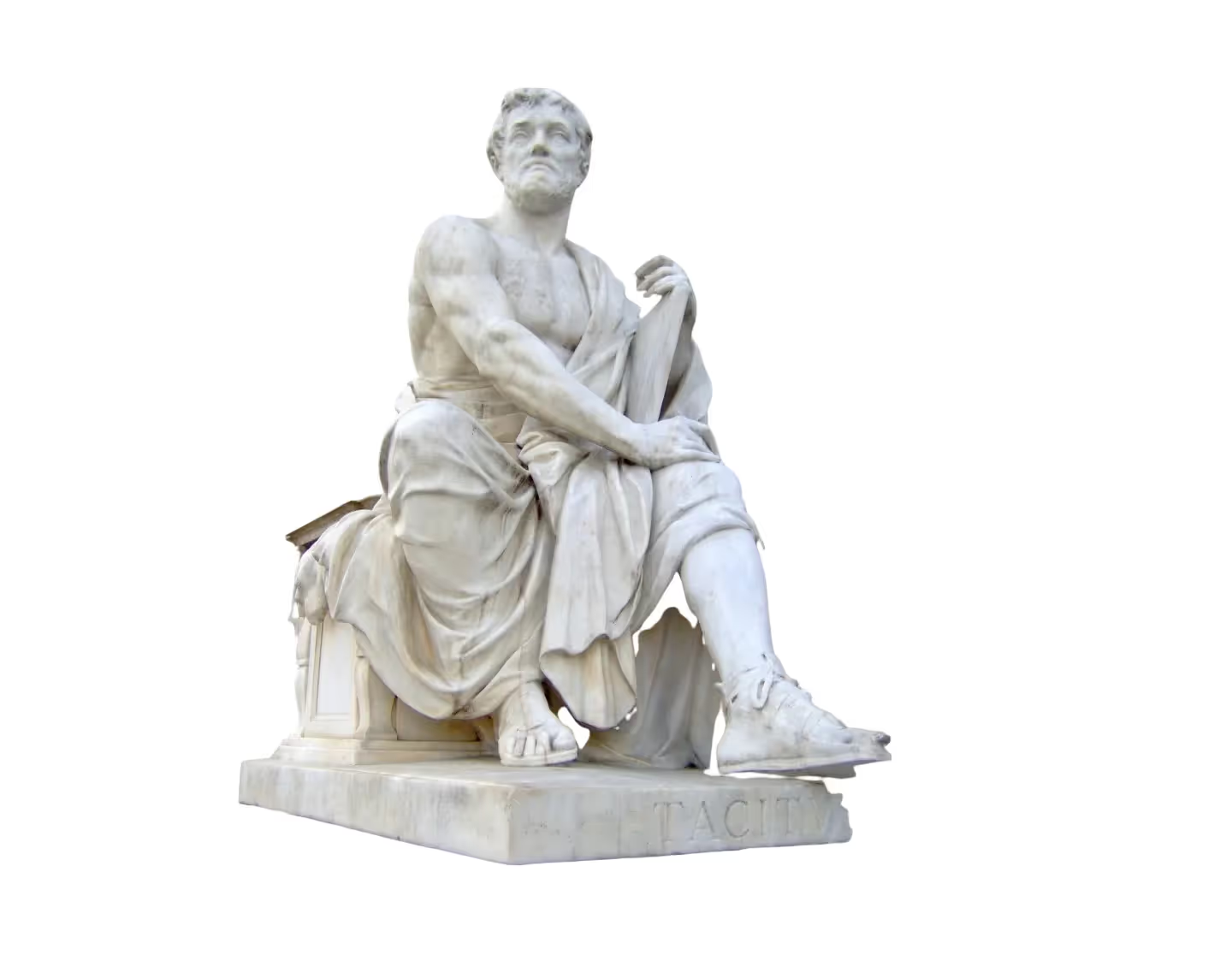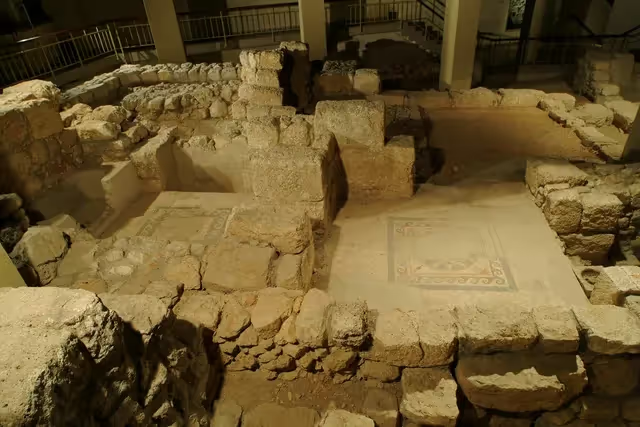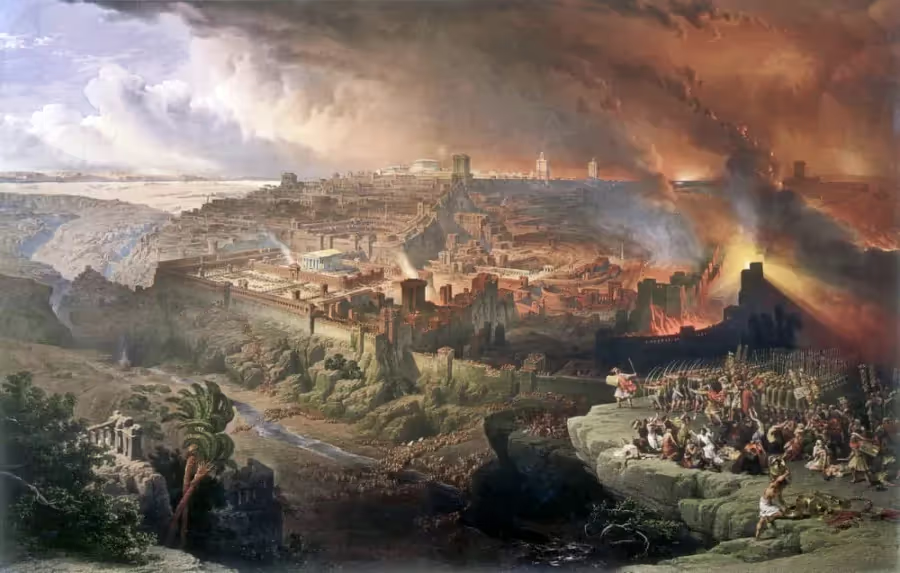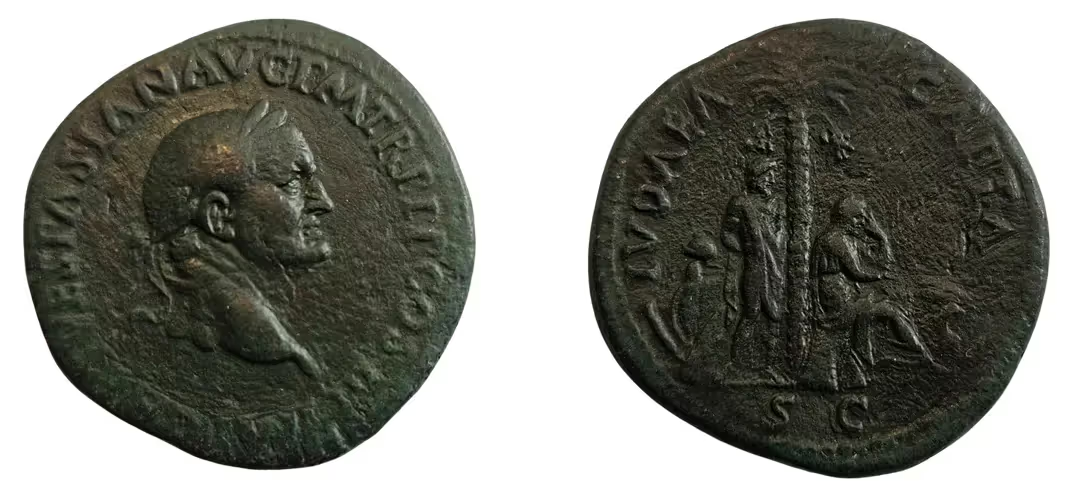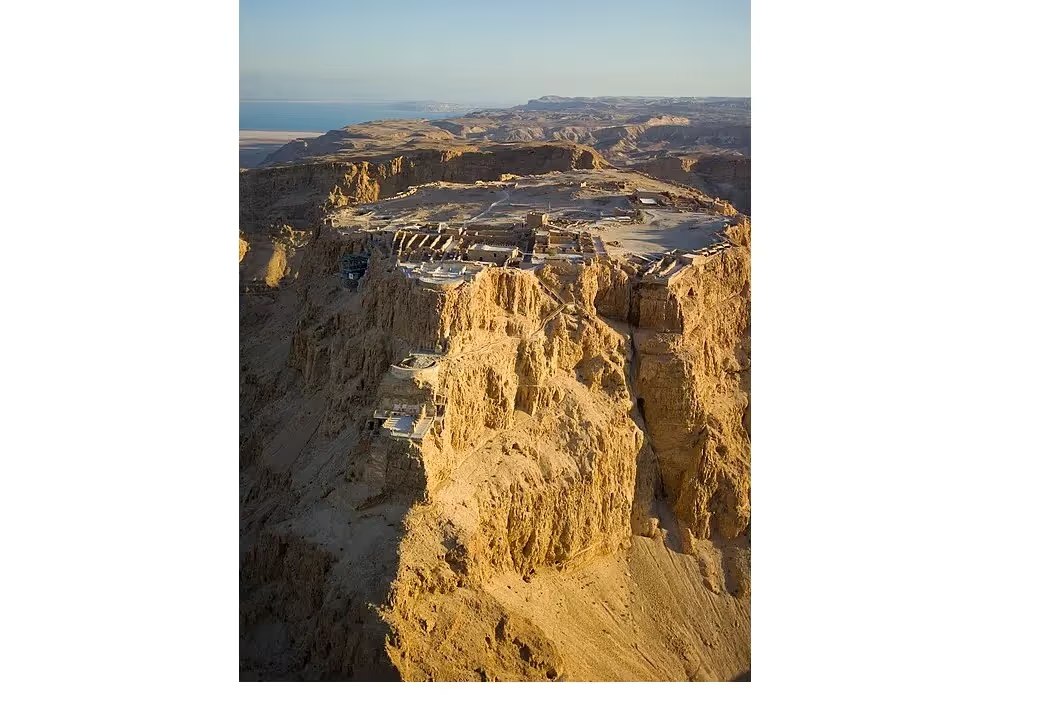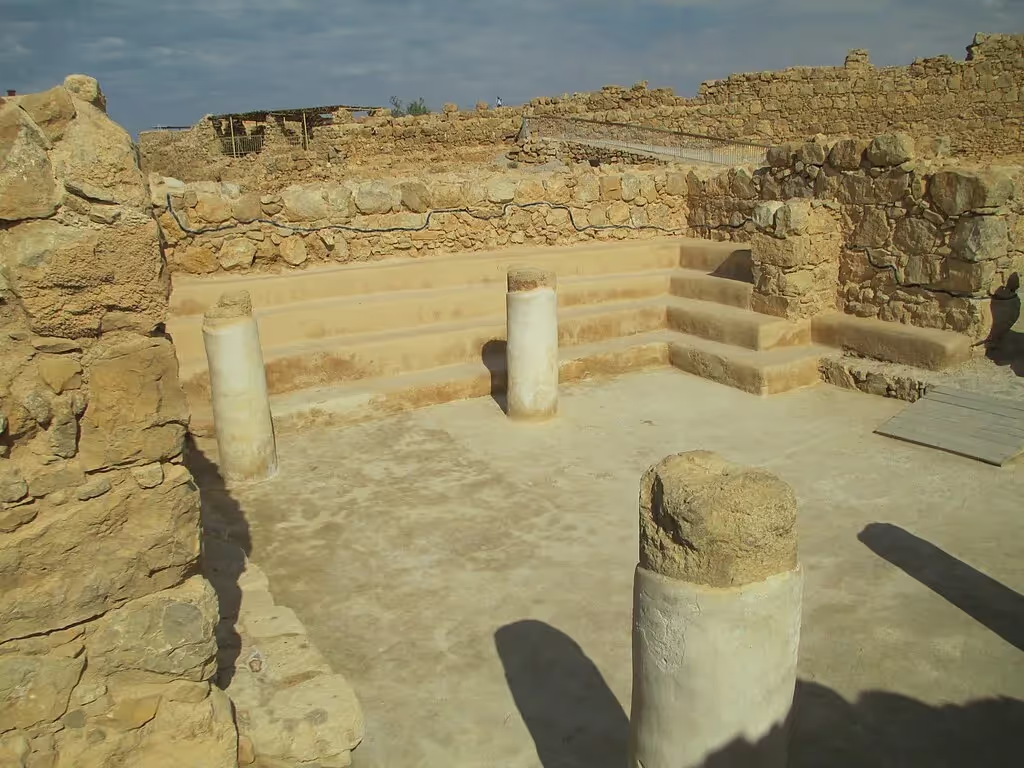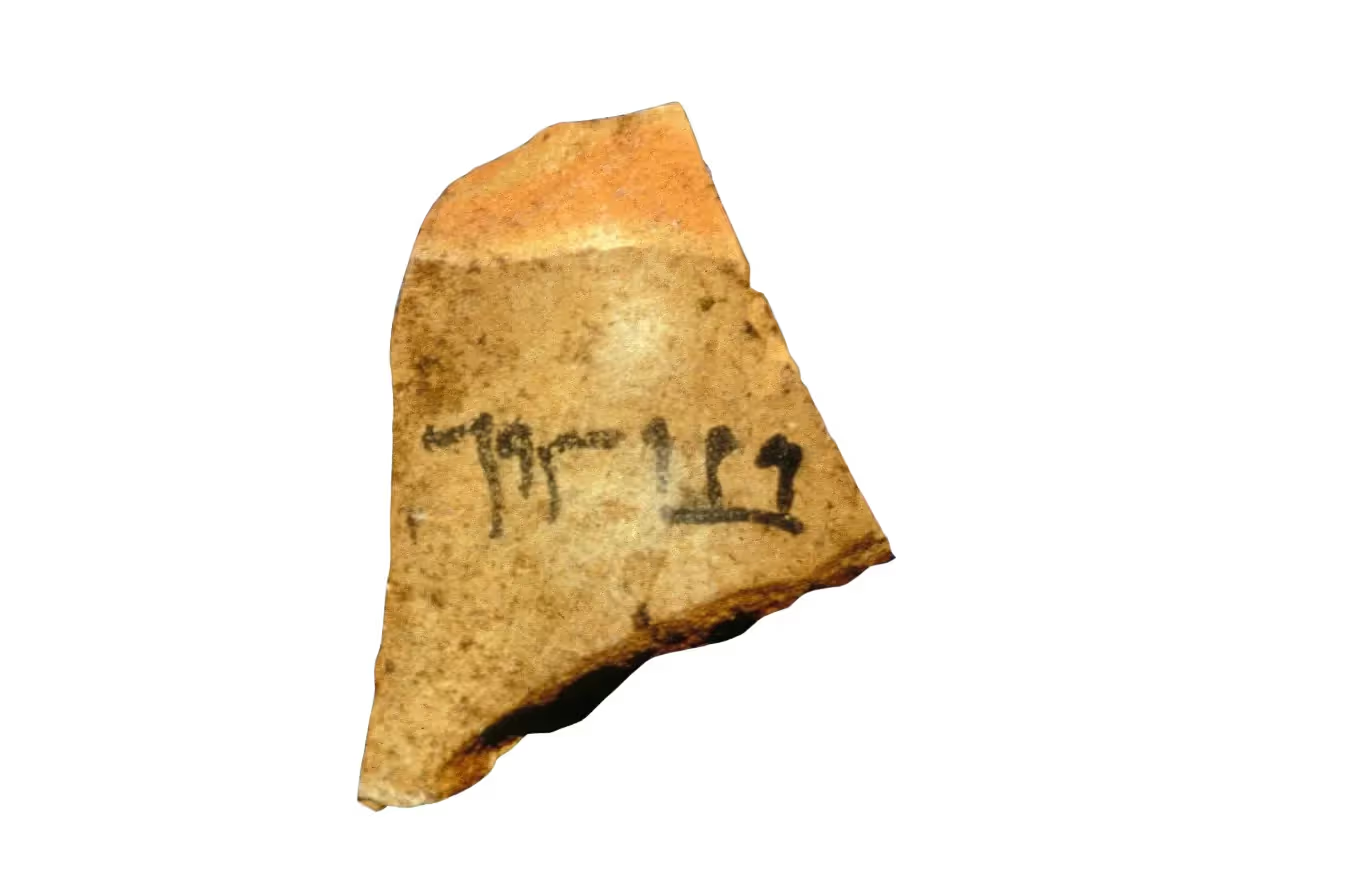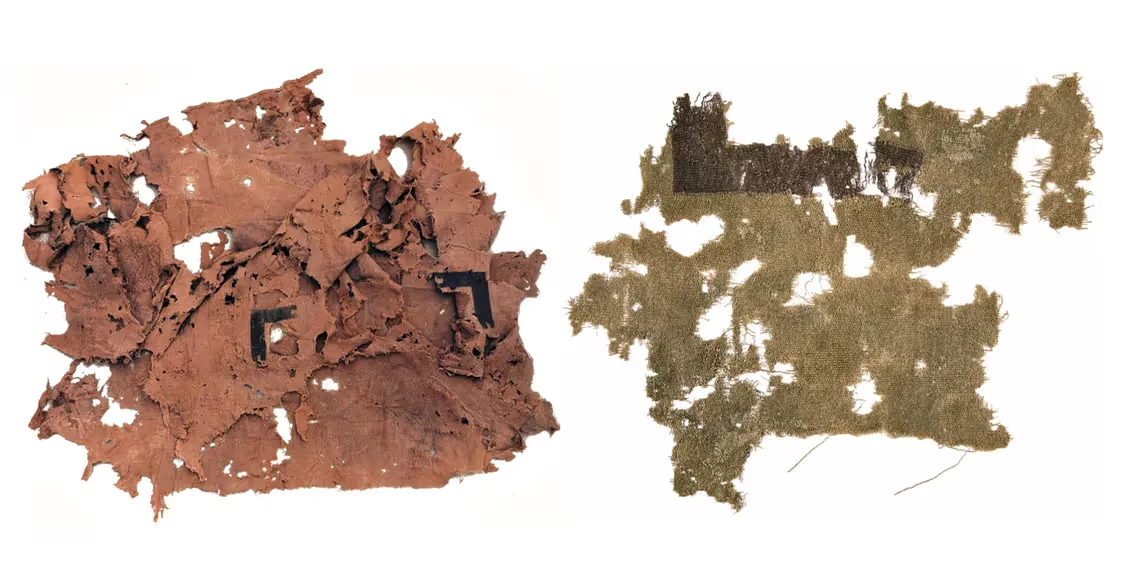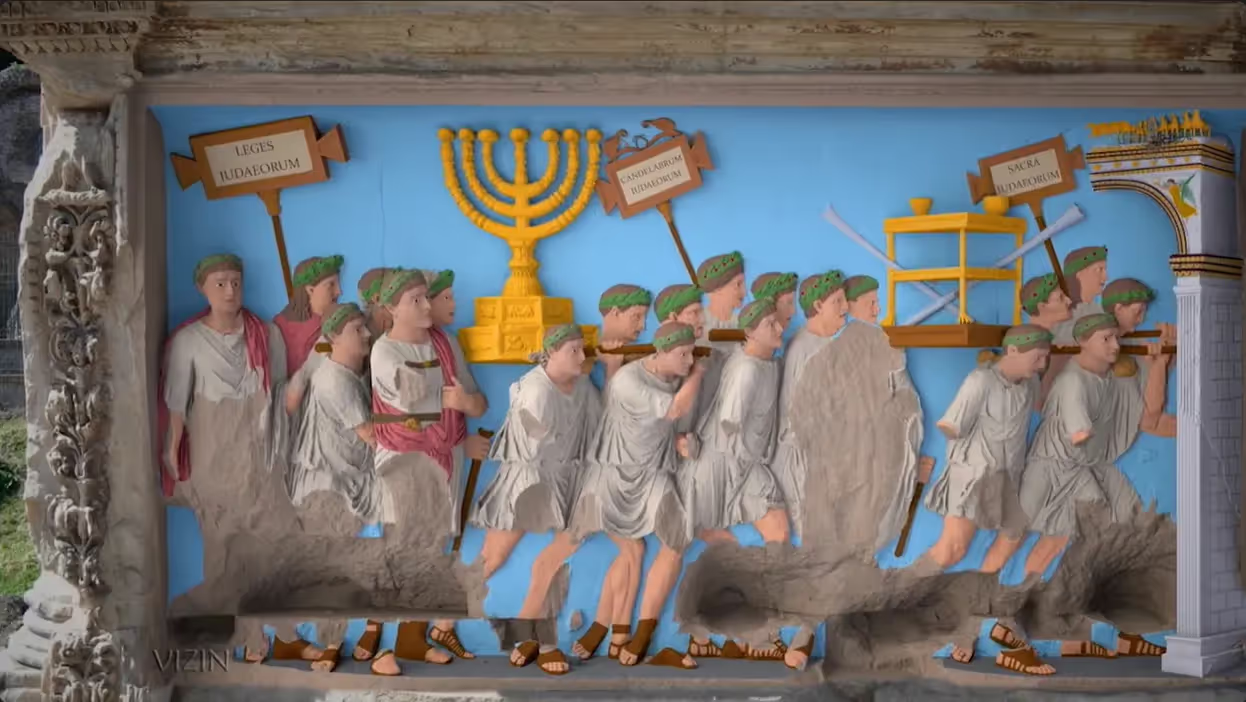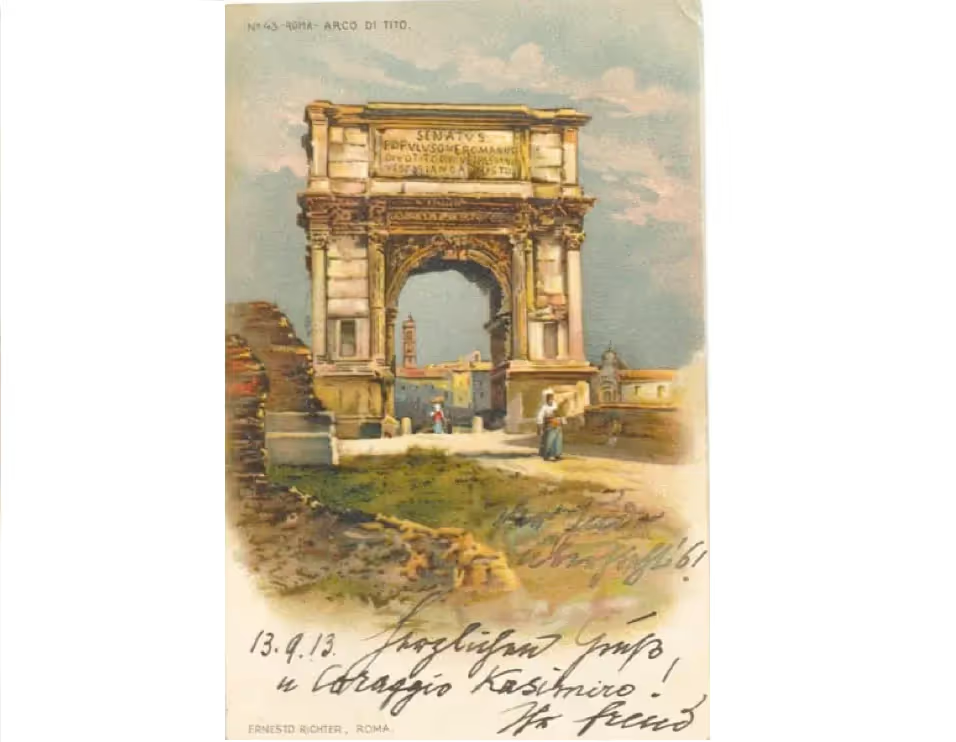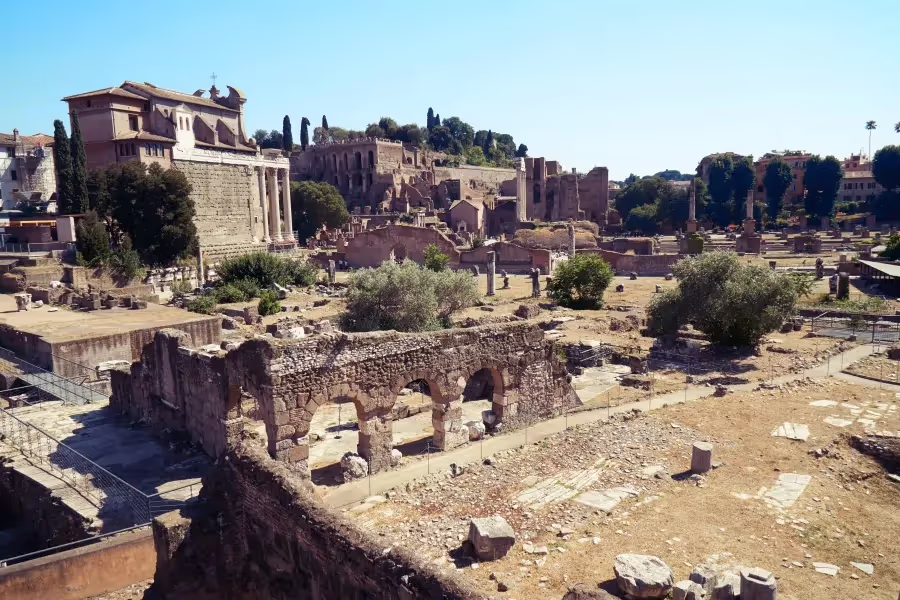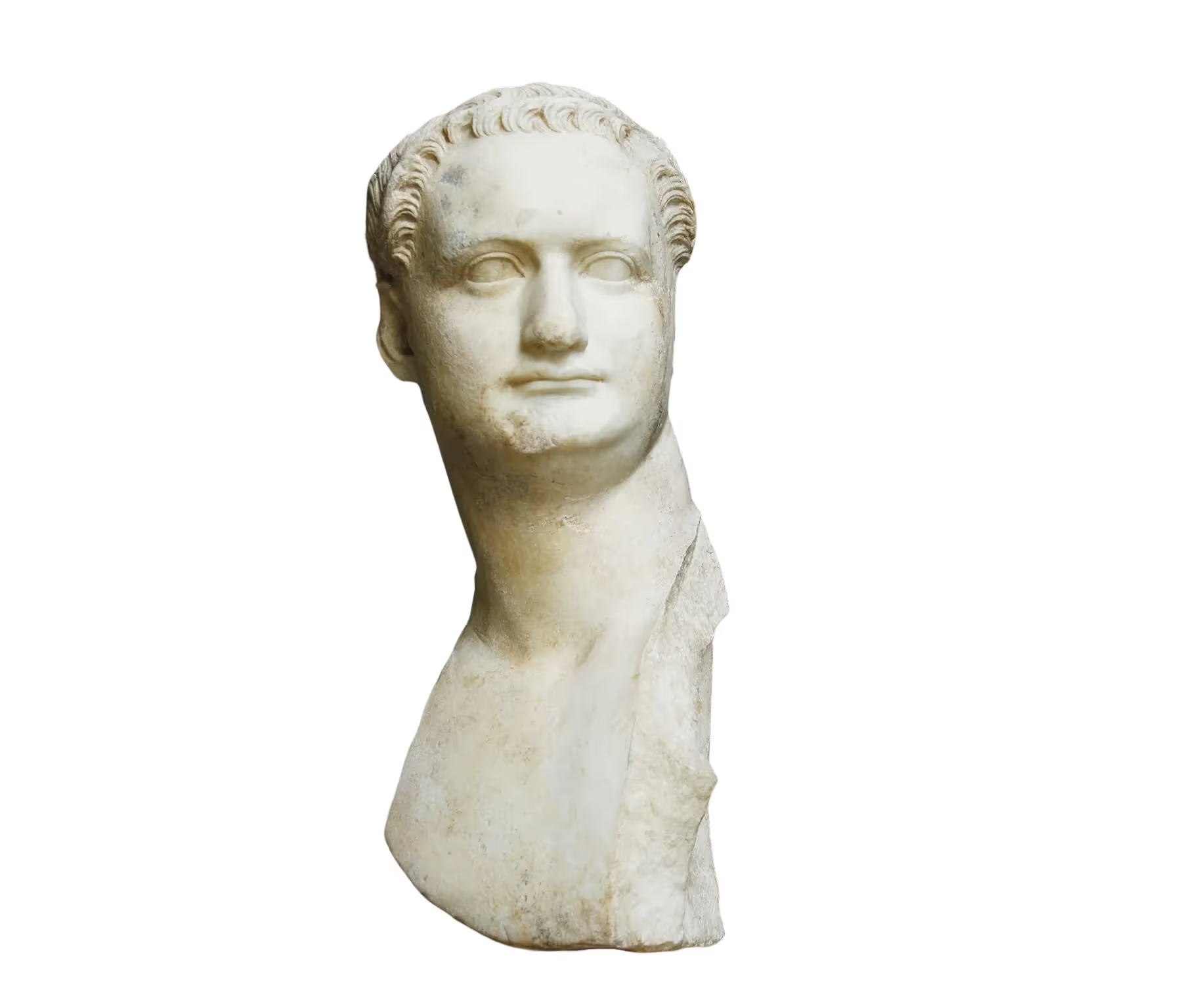Keeping the Sabbath in a Roman World
Keeping Shabbat in a Roman World.
With the Jews keeping Torah laws in Israel and in Roman vassal states, strong anti-Semitic sentiments were growing, initially in fear of possible proselytization to Judaism, something that, according to Jewish law, can only be done when a party shows relentless interest.
Roman pagan philosopher Seneca published many diatribes propagating against the Jews keeping Shabbat. He writes: "Let us forbid lamps to be lighted on the Sabbath since the gods do not need light, neither do men take pleasure in soot.”
Greek Pagan Philosopher Plutarch endeavored to meld Judaic monotheism with Grecian paganism by saying: "The feast of the Sabbath is not completely unrelated to Dionysus (the Greek god of wine). The Jews themselves testify to a connection with Dionysus when they keep the Sabbath by inviting each other to drink and enjoy wine.”
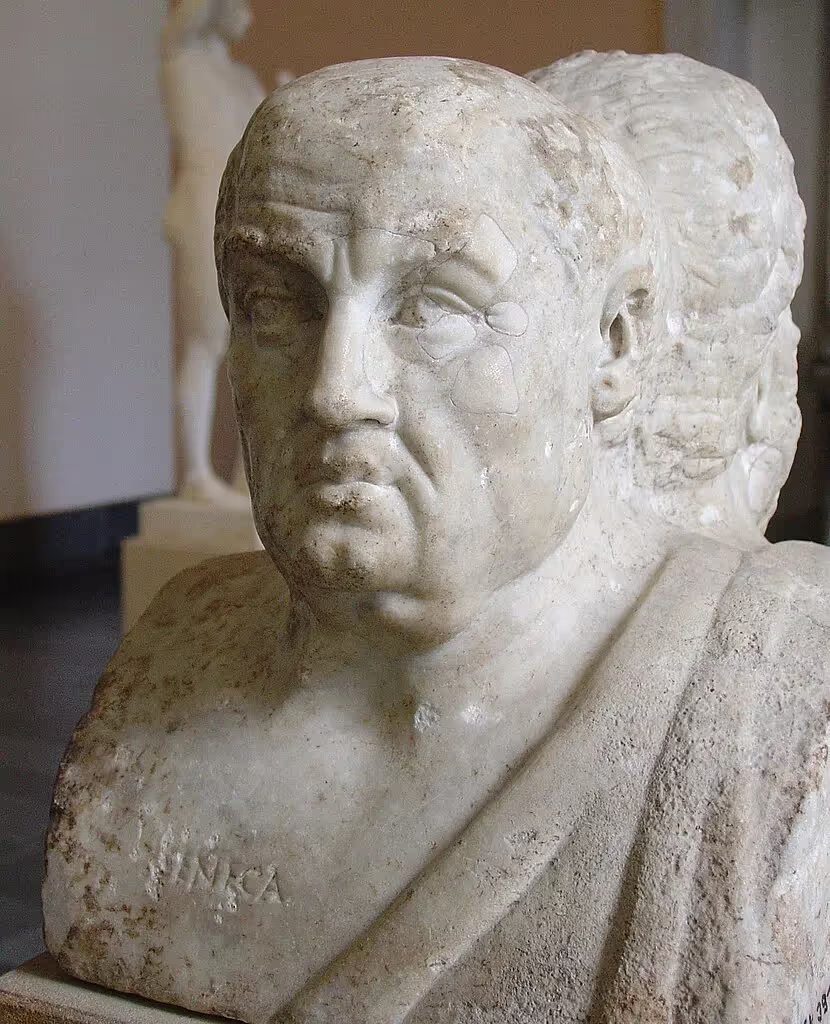
Lucius Annaeus Seneca
Credit: Wikipedia Photo: Calidius

Bust of Plutarch
Wikipedia Photo: Zdenek Kratochvil
Overview
Roman Pagan Philosopher Seneca, 4 BC-65 CE:
“Let us forbid lamps to be lighted on the Sabbath, since the gods do not need light, neither do men take pleasure in soot.”
Greek Pagan Philosopher Plutarch, 46 - 119 CE:
“The feast of the Sabbath is not completely unrelated to Dionysus. The Jews themselves testify to a connection with Dionysus when they keep the Sabbath by inviting each other to drink and enjoy wine.”




